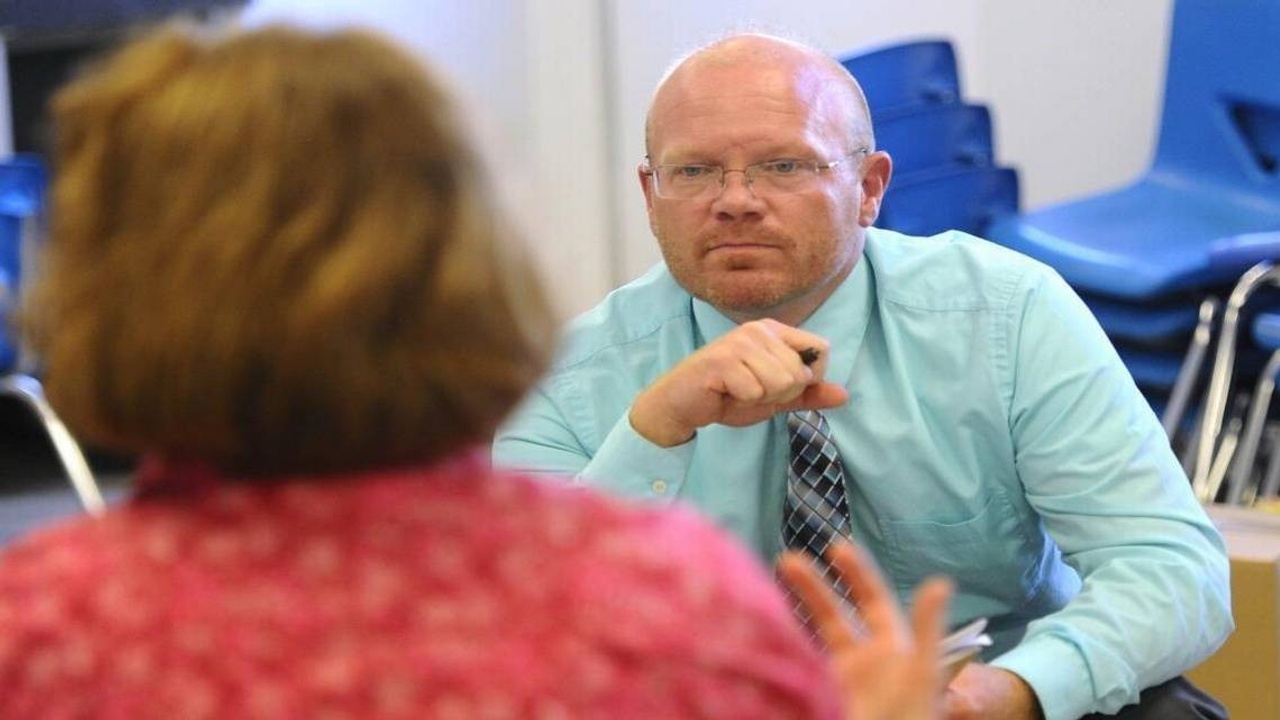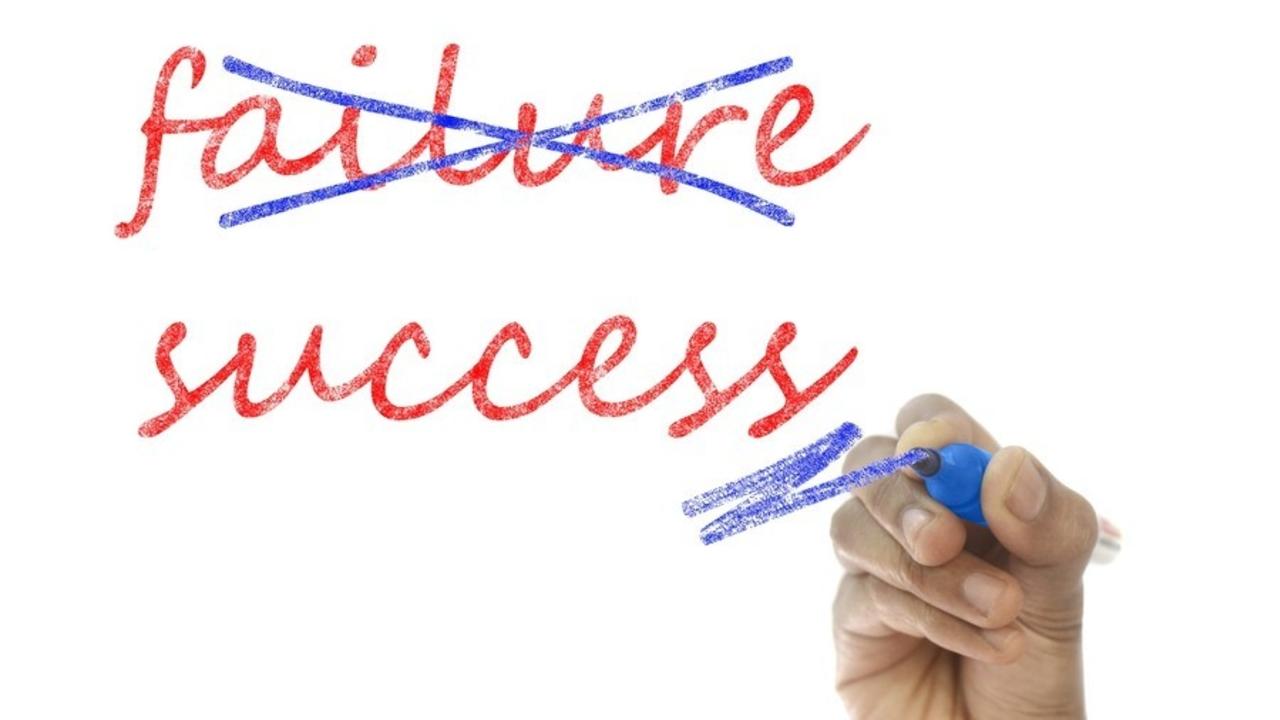Create an Open Ear Policy

I believe that something more important than an open door policy... Is an open ear policy.
An open door policy means that the people you serve have to trust you enough to come in the door.
An open door policy means that once they come into your office they believe you will listen to them and they will be heard.
You see, no one truly listens until they feel they have been heard.
So today, and for the rest of the week, year, and your career, listen to other with the same passion that you desire to be heard by others.
This means leading by walking around, asking questions, being curious.
In fact, if you are not sure what questions to ask here are three:
- How are you?
- What are your working on?
- is there any way I can help you?
Then just LISTEN. No interruptions, no added information, no “that happened to me too” just listen.
I guarantee you learn how to lead that person at a higher level and you will have earned credibility with them.
Keep making a difference,
Dr. Tom
Oh...
Leading a Team to Success

Leading a team is by far the most important skill a leader needs to master if they desire to be more successful. Over the past 24 years, I have participated in an annual Thanksgiving tradition, a two-hand touch football game called the Turkey Bowl. Over this almost quarter of a century, I have learned seven key leadership lessons about building a team, leading a team, and navigating through challenges. Here are my takeaways:
1. Draft Talent and Get Out of Their Way: As a leader, you will only be as successful as the collective skills and talents of the people you surround yourself with. There is no sense in recruiting and hiring talented people if you are going to micromanage them out of their gift zones and passion. Your main job is to build their capacity, place them into positions of success, and remove any barriers. If you are not finding the talent you need to achieve the organization’s goals, you need to take a look in the mirror.
There are only two ways to improve an organizat...
What Would You Do if you Had an Extra $100,000 in Your Budget?

I want to tell a story that illustrates a problem that hinders many school leaders. Recently, I was coaching a principal, and he was sharing the difficulty he was having finding effective teachers to help turnaround the urban school he led. This school was a magnet, restart model district school that had a great vision, but he struggled to recruit and employ effective teachers. He also noted that he was also struggling with balancing his time so that he could support and coach his current staff, many of whom are within their first three years in the profession. Despite additional county resources and strategic partnerships awarded to his school, he noted how tight the budget was and expressed concern about having very little wiggle room. I asked him, “Well, what would you do if you had a $100,000 to work with?”
He paused to think for 30 seconds and said, “I would definitely hire some teachers to focus on interventions.”
I replied, “I want to make sure I am following you, so please co...
How to Learn From Your Failures

I fail daily. If you want to be successful, you must not only be willing to fail, you must be intentional about how to learn from your failures. Sociologist Alvin Toffle said, “The illiterate of the 21st century will not be those who cannot read or write, but those who cannot learn, unlearn and relearn.”
How to Learn From Your Failures
For over a decade I was deep into a gambling addiction and lost well over $100,000 on a teacher salary. I spent every opportunity I could thinking about gambling, scheming my way to feeding my addiction. I went bankrupt at 24 and lost trust and credibility with those I loved most. Over 99.9% of the world’s population would have quit after bankruptcy, but I pushed on for five more years! So what was truly impeding my progress? The answer seems simple now. I certainly had character and accountability problems, but really it came down to my inability to learn from my failures.
Refocusing Your Habits
The choices we make, make us and shape us. I do believ...
The Law of Consistency

In John Maxwell’s 15 Laws of Invaluable Growth, he stresses the idea that in order to make significant change, consistency has to be one of the main ingredients. He concluded that “Motivation gets you going, but discipline keeps you growing.”
Many times in life we jump into a project, diet or other life-changing program with incredible determination and drive. But, after 5-10 days we find that it is more difficult than anticipated and we allow our previous habits to win out and overwhelm our new found passion. What was the problem? Was it that we tried to do too much, too soon? Was it the program’s fault? Poor teaching? Genetics? I believe it was that we have a difficult time following the Law of Consistency.
Jim Collins, best-selling author of Good to Great, defines a breakthrough as a series of good decisions, diligently executed, that accumulate overtime. To make significant changes on your life takes patience and a process. Researchers determined that in order change learned beha...
Leading Through Change

Leading through change is what separates the good from the great. Right now, thousands of school leaders across the nation are saying, “I cannot wait until next year. Next year will be different.”
My question to them is, “How do you know?”
When leading through change, it is all right for leaders to be uncertain about their process to get there, but it is not all right for leaders to be unclear about their overall vision. It is in time of change when people need their leaders the most. When people lack hope, the leader needs to provide hope. When people lack answers, the leader needs to have a vision and clearly communicate that vision.
A time of uncertainty is the hardest time to lead. Most people tend to freeze when the future is uncertain; unfortunately, this is when many leaders decide to take a step back rather than being at the forefront. When I was a principal, in times of change or adversity, I did not want to have to answer everyone’s questions for two main reasons:
- My co ...
Five Levels of Listening
Learning how to listen is a vital step in becoming an effective leader. According to research conducted by Personality Insights, the average executive spends two hours talking each day but eight hours listening. After spending two hours at home with my five year old son, I estimate that the average stay-at-home parent spends 12 to 16 hours a day listening!!! Well… at least one of the five levels of listening (more about this to come).
Whether we realize it or not, whether we are intentionally engaged or not, we are always listening. Sometimes we are listening to new ideas, listening to a story, to music, to the background noise of a television, or in a true conversation where we are sharing our thoughts and conveying important information. I don’t know about you, but after a day of listening and communicating at any level, my brain is exhausted.
According to relationship and leadership DISC expert Dr. Robert Rohm, there are six hidden components to every communication. They are:
-
...

